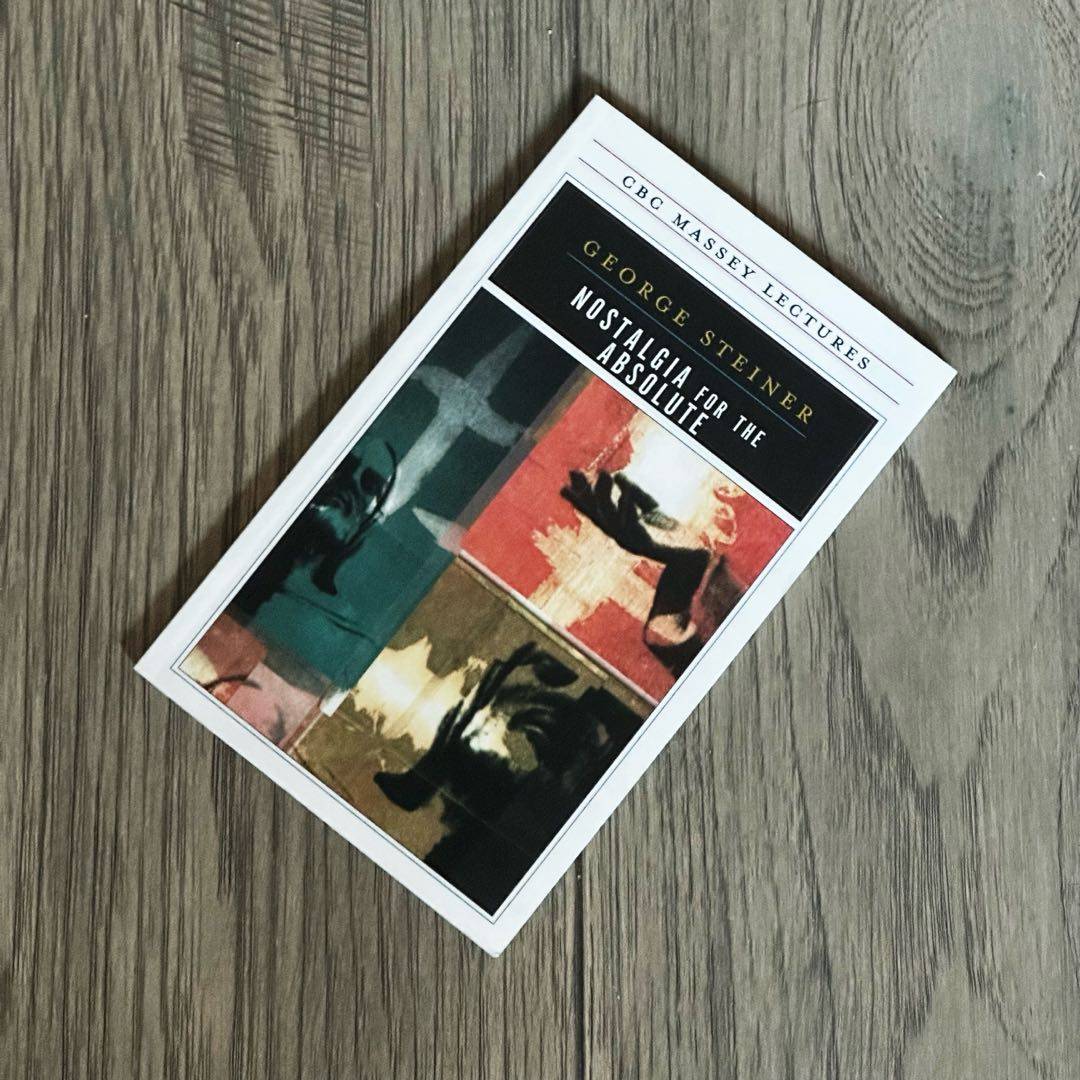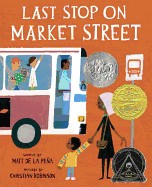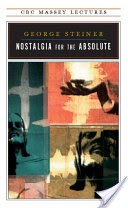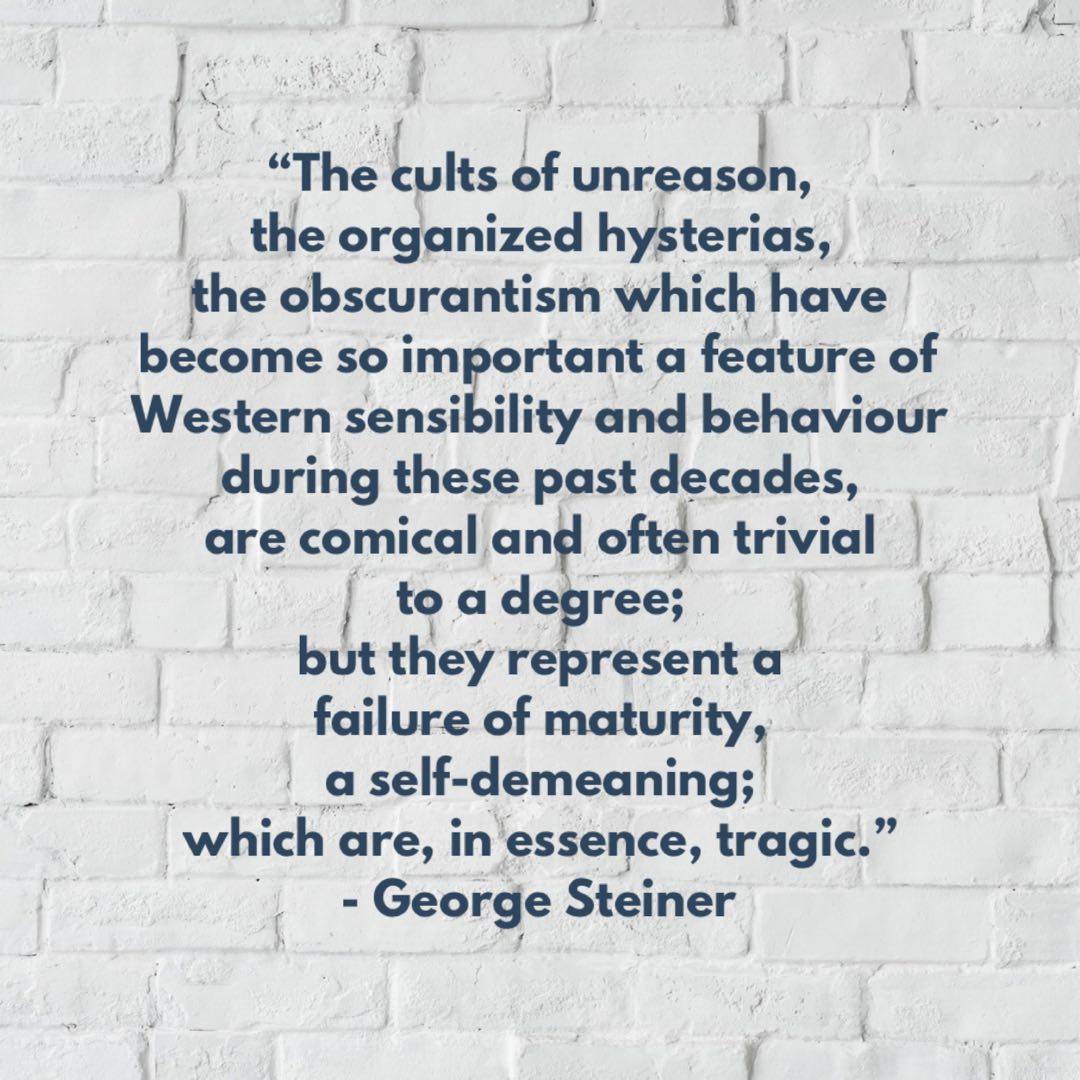
Another from the Massey Lecture series. Steiner‘s premise is that western civilization continues to look for certainties - in Marxism, in Freud, in astrology and the anthropology of Levi-Strauss - to fill the gap left behind by the decline of the Christian religion. He further posits that the search for ultimate scientific truth (for ex. that one day the earth will cease to exist) is something we cannot grasp which is why we turn elsewhere. Con‘t



















